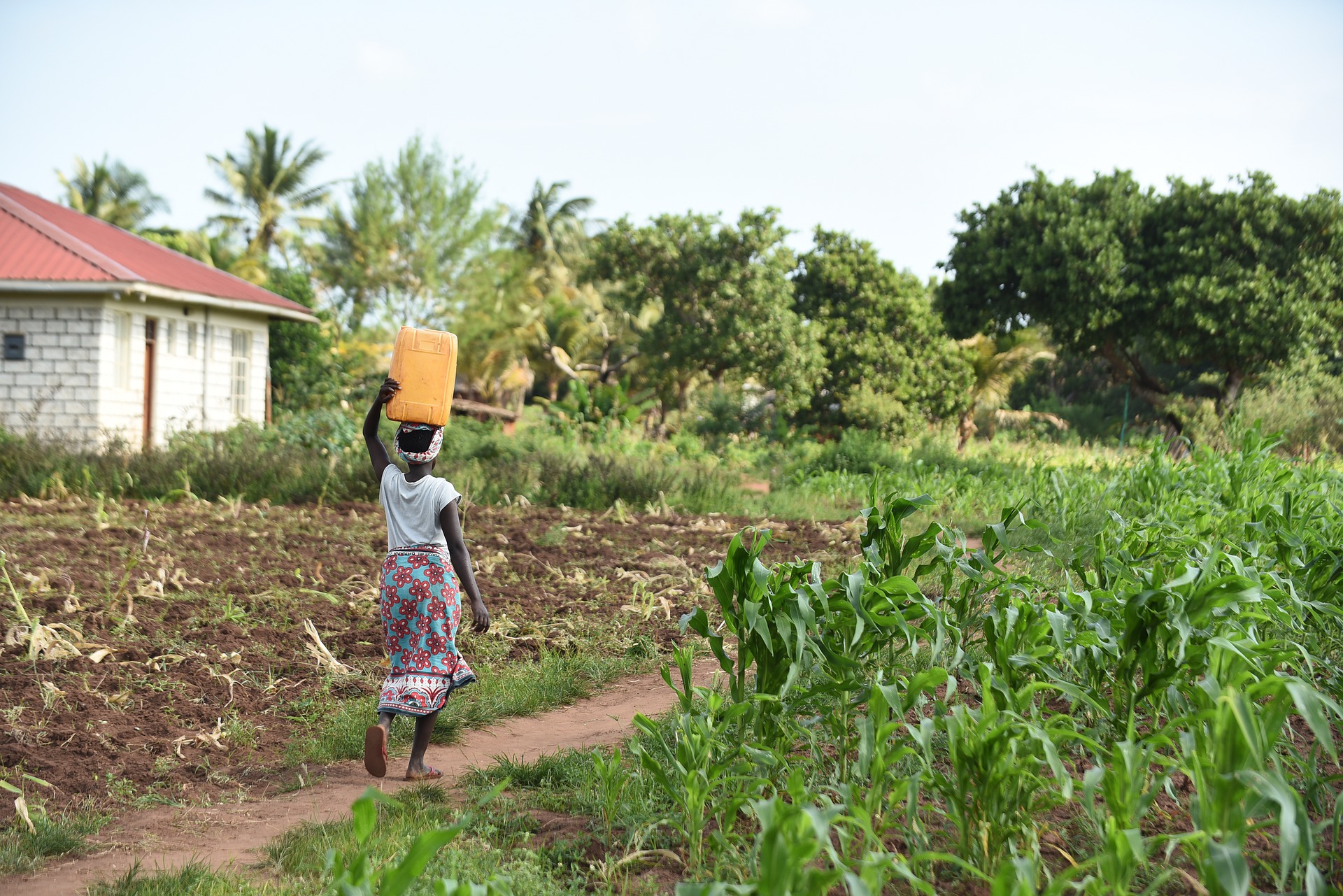About
Due to climate change, rainfall is becoming more scarce and less reliable in many parts of the world, jeopardizing the agricultural income of vulnerable populations. Given uncertain weather conditions, farmers face poor growing conditions and challenging investment and planning decisions, which affects production yields and incomes. In many parts of the world, a lack of high quality inputs leads farmers to expand production into new land, in a process called agricultural extensification, which contributes to land degradation and desertification. In addition, increasing population density reduces the availability and accessibility of arable land, making this strategy unsustainable in the long term.
Technologies that improve the level and duration of water stored within the soil and help replenish soil nutrients, such as rainwater harvesting techniques (RWH), could help farmers increase yields and adapt to climate change, allowing them to continue farming the same land over a longer time period. However, farmers may not adopt these technologies due to high costs or a skills gap. We ask if and how training and cash grants increase adoption and help farmers protect themselves from the drought impacts of climate change through a randomized controlled trial in Niger.
